
I often feel slightly nauseous after a day of debunking misinformation online, in emails, and in person. Others who selflessly give their time and energy to the same efforts probably feel the same. An antidote counteracts poison; in a very real sense, those of us who guide gardeners through the six circles of horticultural hell are routinely exposed to the mind-numbing dregs of lazy thinking.

What are the six circles of horticultural hell, you may ask? After playing with word lists and acronyms I have come up with the ABSURD approach, as in “don’t be ABSURD with your gardening information.”
This is a first draft of ABSURDity and I imagine it might get tweaked and shaped a bit. But it’s a good mnemonic device for educators to consider using, right along with the CRAP test.
A = anecdotal. Anecdotal evidence is simply one person’s observations that are not supported with scientific evidence. Reporting that your roses grew better when you used compost tea is an anecdote. Anecdotes are often collected by advertisers and called “testimonials” which sounds vaguely legal and therefore more reliable.
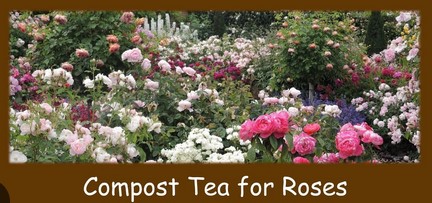
B = bogus. Bogus information is verifiably false; factual evidence exists to disprove it. Claiming that water droplets will scorch leaves on hot days is bogus.

S = scam. Scammy sources of information exist to sell stuff. Websites selling seeds for nonexistent flowers whose pictures are generated by AI are scammy.

U = useless. Useless information promotes something that has no effect. Adding eggshells to gardens for any purpose is useless.
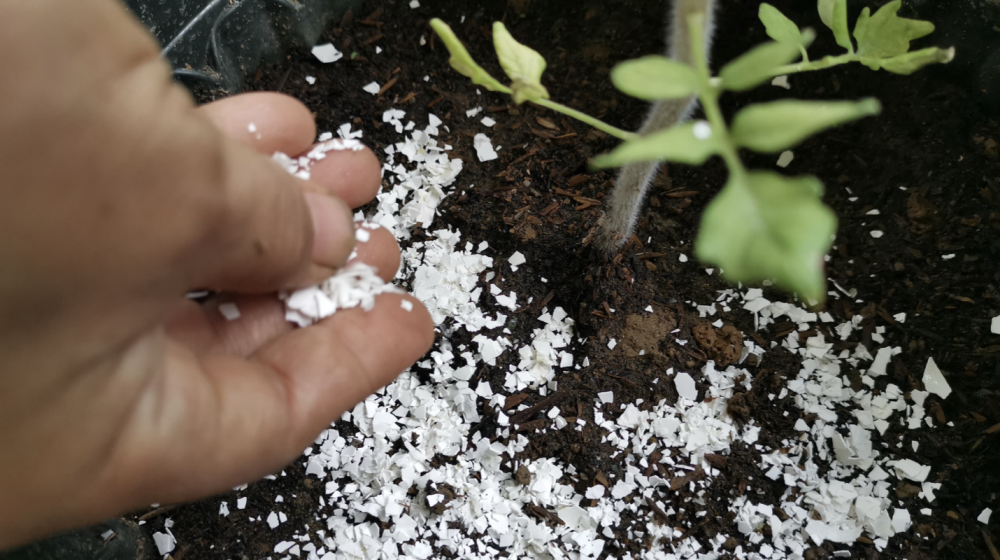
Courtesy of MSU Extension.
R = ridiculous. Ridiculous recommendations defy even common sense. Placing plastic forks into the soil to discourage animals from digging is ridiculous.
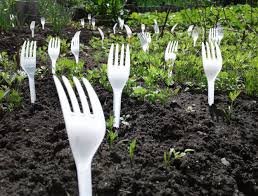
D = dangerous. Dangerous products and practices can injure people, pets, and the environment. Putting mothballs in your landscape to discourage nuisance wildlife is dangerous.
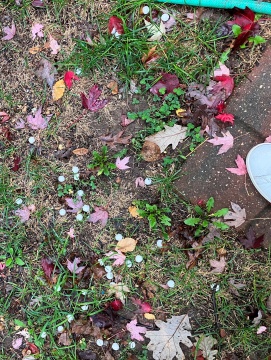
You can find many more examples of ABSURDities in our 15 years of blog archives. Simply type in the word you are looking for and have fun diving down the (mothball-free) rabbit holes!
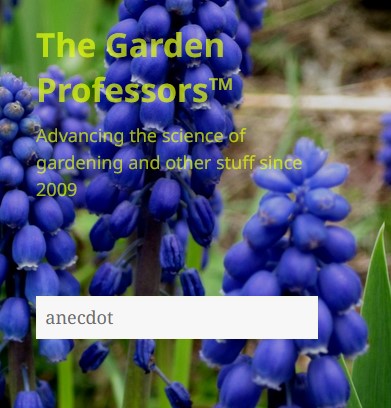
One thought on “An antidote for anecdotes”